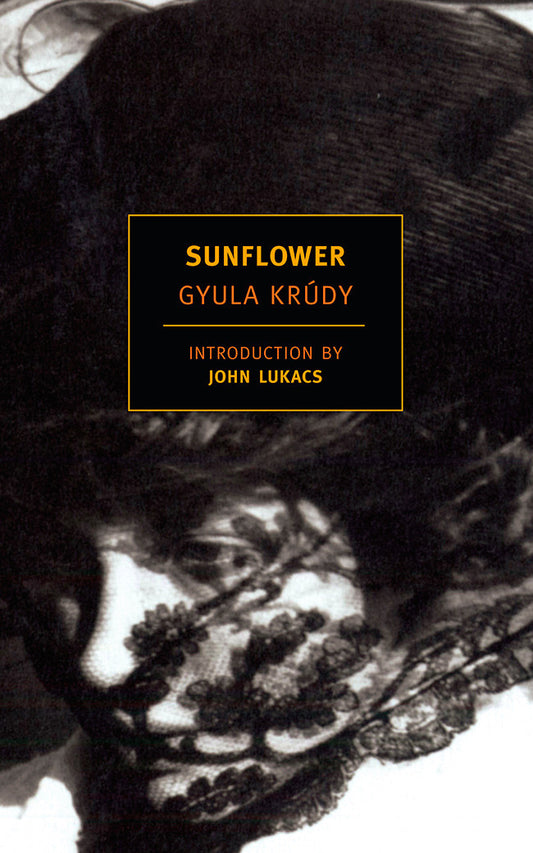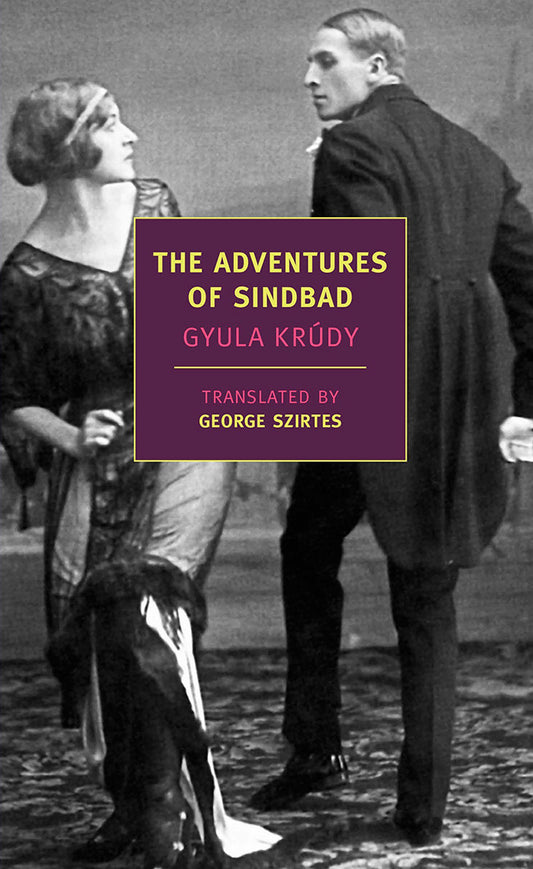Collection:
Gyula Krúdy
Gyula Krúdy (1878–1933) was born in Nyíregyháza in northeastern Hungary. His mother had been a maid for the aristocratic Krúdy family, and she and his father, a lawyer, did not marry until Gyula was seventeen. Krúdy began writing short stories and publishing brief newspaper pieces while still in his teens. Rebelling against his father’s wish that he become a lawyer, he worked as a newspaper editor for several years before moving to Budapest, where he, his wife, and two children lived off the money he made as a writer of short stories. In 1911 he found success with Sindbad’s Youth, the first of his books recounting the exploits of his fictional alter ego. Krúdy’s subsequent novels about contemporary Budapest, including The Crimson Coach (1914) and Sunflower (1918; available from NYR B Classics), proved popular during the First World War and the Hungarian Revolution, but his drinking, gambling, and philandering left him broke and led to the dissolution of his first marriage. During the late 1920s and early 1930s, Krúdy suffered from declining health and a diminishing readership, even as he was awarded Hungary’s most prestigious literary award, the Baumgarten Prize. Forgotten in the years after his death, Krúdy was rediscovered in 1940, when Sándor Márai published Sindbad Comes Home, a fictionalized account of Krúdy’s last day. The success of the book led to a revival of Krúdy’s works and to his recognition as one of the greatest Hungarian writers.






